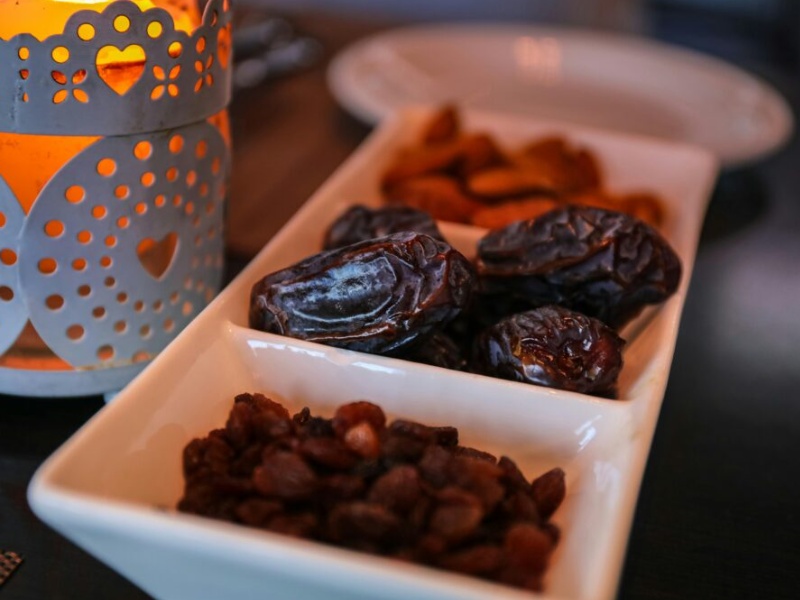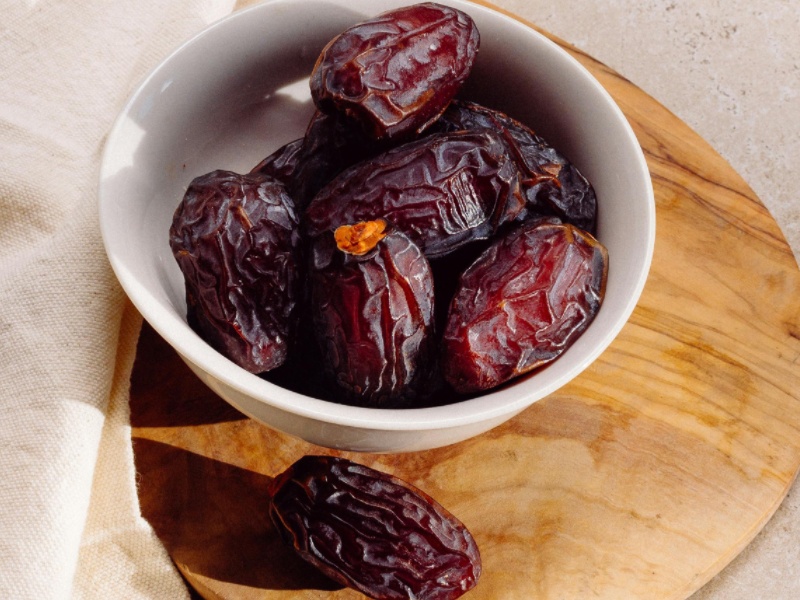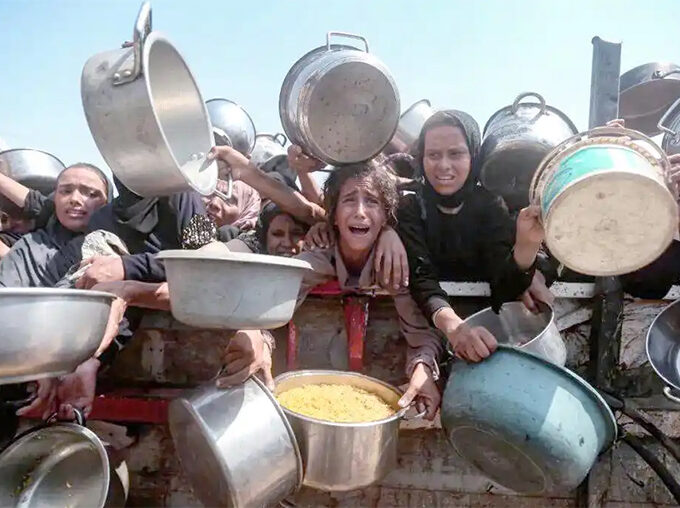Dates are a vital cash crop in Iraq and the country’s second-largest export after oil. As summer arrives, Iraq’s date harvest season begins.
The Long History of Iraqi Dates
Archaeological evidence reveals written records of date cultivation in Iraq’s Mesopotamian region dating back over 5,000 years. The date palm tree and its fruit serve numerous purposes: dates are edible and possess medicinal value; the tree itself provides construction materials, while its bark is used to make palm mattresses or ropes…
The Code of Hammurabi, enacted around 1776 BC, contains multiple provisions concerning date cultivation. For instance, Article 59 stipulates that anyone cutting down a date palm shall be fined half a mina of silver (approximately 250 grams); Article 64 stipulates that a farmer hired to tend a date palm must surrender two-thirds of the yield to the owner, keeping one-third for himself; Article 65 states that if a farmer fails to pollinate the date palms, causing an epidemic, he must pay a fine, and so on.
The date palm also holds significant cultural symbolism. In Sumerian mythology, the date palm is the world’s earliest tree species, guarded by a sacred raven. The ancient Roman writer Pliny the Elder believed it to be the dwelling place of the phoenix. The date palm is mentioned 50 times in the Bible and 22 times in the Quran.

New Beginnings
As summer reaches its peak, Iraq’s dates are ripening. Mohammed Mashhadini, a date farmer in the Baghdad suburbs, says: “Dates are a vital source of wealth and livelihood for Iraq. When temperatures hit 40 to 50 degrees Celsius, we know it’s time to harvest. We are grateful for the gifts of the sun and the land.”
Iraq once held the world’s highest date palm production, boasting 30 million date palms and over 600 varieties nationwide. Production plummeted due to factors including the Iraq War. In recent years, the Iraqi government has revitalized date production through measures like promoting agricultural drip irrigation technology and establishing seed banks. In 2023, Iraq exported 650,000 tons of dates, reaffirming its competitiveness in the global date market.












